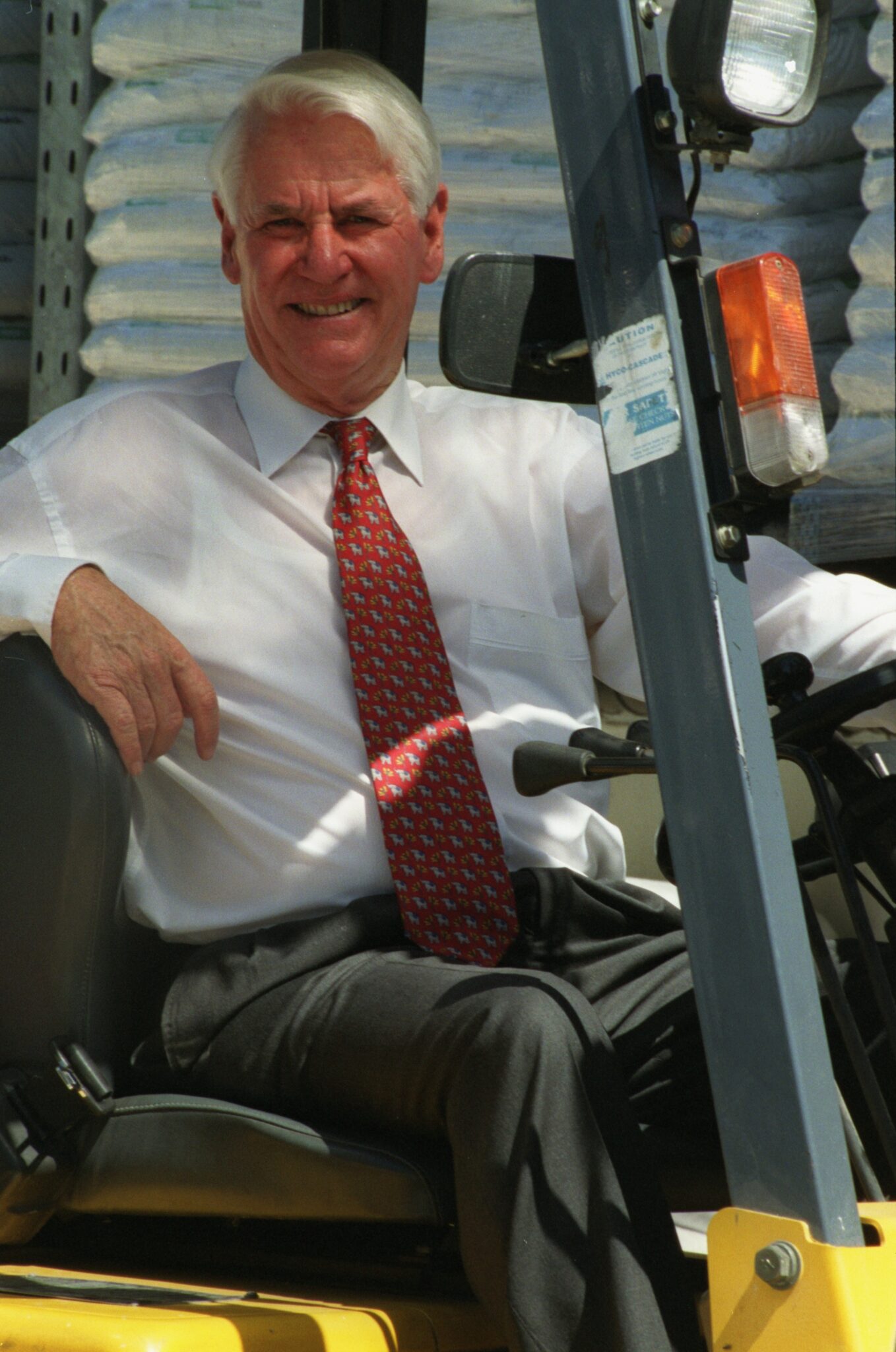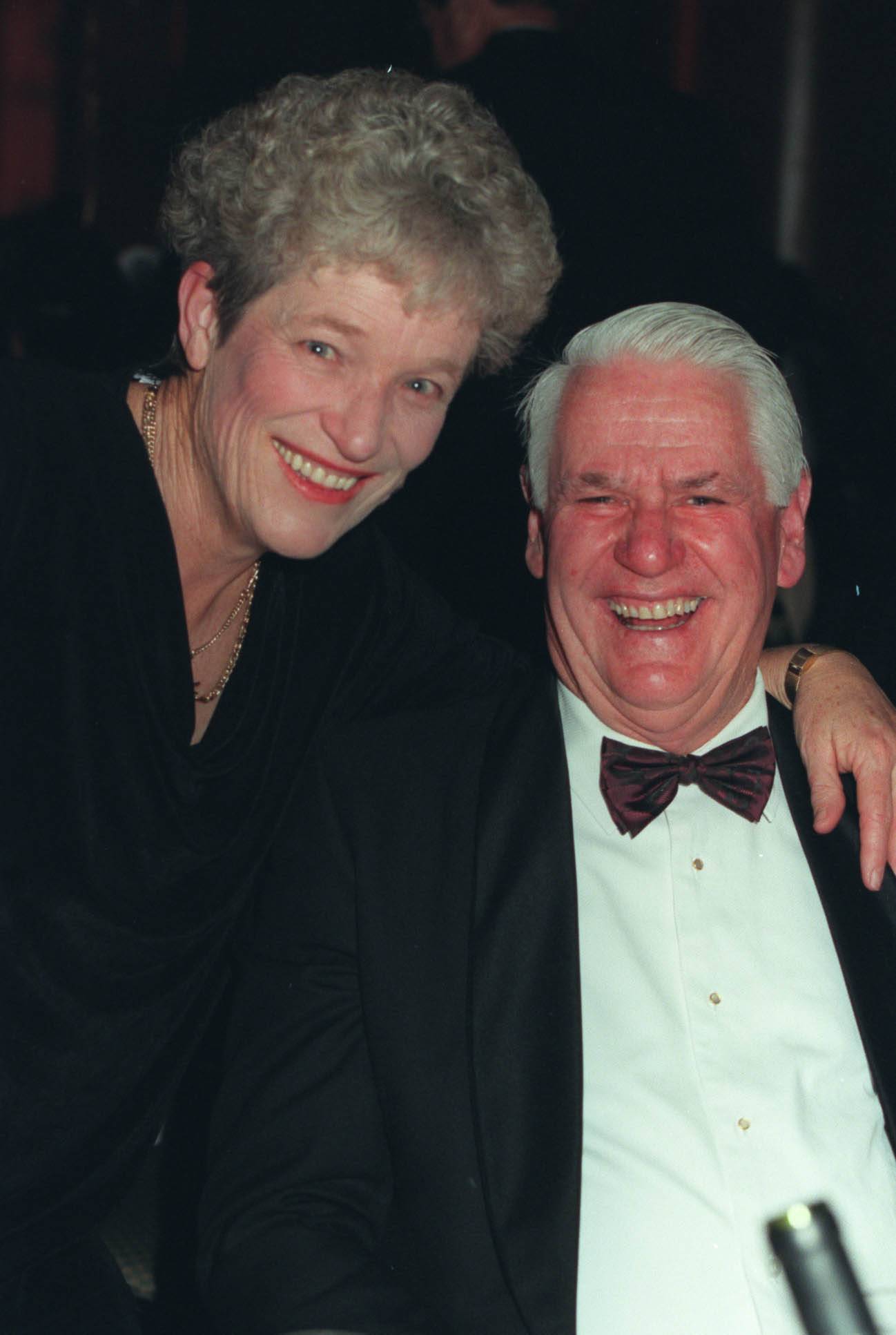By supporting the Perkins you contribute to a knowledge of disease and that can never wear out or be used up. It will go on to future generations, here in Western Australia and globally.
You see, like you, Harry had a passion for medical research and he too saw a need in the community and how he could help. Your generous donations to the Perkins show me that you share this drive to take action.
Through sheer determination and a generous network of people, Harry raised the initial funding needed to establish the Institute. He became infamous for his fundraising efforts, we joke that he had to begin telephone calls with “I promise I am not calling about the Institute…” just to have people stay on the line with him.
You see, Harry inspired the West Australian community to come together for medical research. No matter their motivation for giving – scientific interest, happiness and wellbeing, community health, economic impact – above all, people knew that their investment would ultimately benefit themselves or their loved ones in the future.
The spirit of generosity has continued for many years. You, and other people like you, continue the vision that Harry started with your continued kindness and support.
Today the Harry Perkins Institute is Western Australia’s leading adult research centre, housing more than 250 bright minded researchers. We focus on diseases that are prevalent in WA communities and devastate our families – cancer, heart disease, diabetes and genetic disease.
True to Harry’s vision, collaboration is key to everything we do. From bio-medical engineers to clinicians, surgeons to scientists, everybody at the Perkins is working toward one mission: to keep families together for as long as possible.


